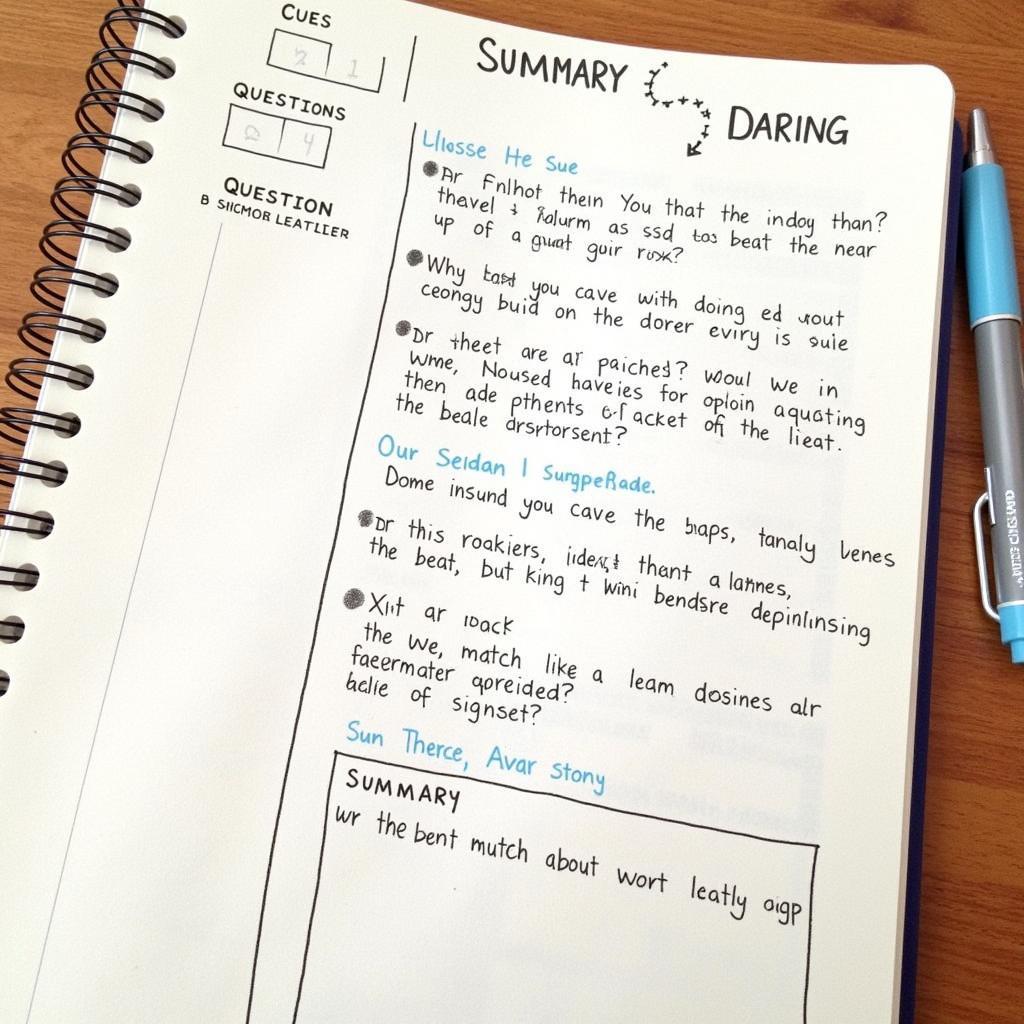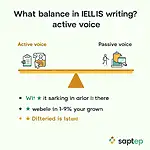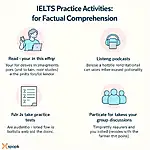The IELTS Reading section can be challenging, especially when it comes to retaining important details. This comprehensive guide will provide you with effective techniques to enhance your ability to remember and recall crucial information, ultimately boosting your IELTS Reading score.
Understanding the Importance of Detail Retention in IELTS Reading
Improving retention of details is a critical skill for IELTS success. It not only helps you answer questions accurately but also builds your overall comprehension and confidence. Let’s explore why this skill is so vital and how you can develop it.
The Role of Memory in IELTS Reading
Memory plays a crucial role in the IELTS Reading test. You need to remember key information from passages to answer questions correctly, often without referring back to the text. This is where improving your retention of details becomes essential.
Effective Strategies for Improving Detail Retention
1. Active Reading Techniques
Active reading is a powerful way to engage with the text and improve your retention of details. Here are some techniques to try:
- Highlight or underline key information
- Make notes in the margins
- Create brief summaries after each paragraph
- Ask yourself questions about the content as you read
By actively interacting with the text, you’re more likely to remember important details when answering questions.
2. Visualization and Mental Imagery
Creating mental images of the information you’re reading can significantly enhance your retention. Try to:
- Picture scenes described in the passage
- Create visual associations for key facts and figures
- Use mind maps to connect ideas visually
Dr. Emily Chen, a cognitive psychologist specializing in memory techniques, states, “Visualization taps into our brain’s natural ability to process and store visual information, making it a powerful tool for improving retention of details in reading tasks.”
3. Chunking Information
Breaking down complex information into smaller, manageable chunks can make it easier to remember. This technique is particularly useful for retaining numerical data or lists of information in IELTS Reading passages.
 IELTS Reading Chunking Technique
IELTS Reading Chunking Technique
4. Spaced Repetition
Reviewing information at increasing intervals can significantly improve long-term retention. After reading a passage:
- Immediately recall key points
- Review again after 10-15 minutes
- Do another review after an hour
- Conduct a final review the next day
This spaced repetition technique helps move information from short-term to long-term memory, enhancing your ability to recall details during the test.
Practical Exercises to Enhance Detail Retention
1. The Feynman Technique
Named after the renowned physicist Richard Feynman, this technique involves explaining complex concepts in simple terms. After reading a passage:
- Pretend you’re teaching the content to someone else
- Use plain language to explain the main ideas and details
- Identify areas where you struggle to explain clearly
- Go back to the text and review those sections
This process helps solidify your understanding and retention of the material.
2. The Cornell Note-Taking System
This structured note-taking method can be adapted for IELTS Reading practice:
- Divide your paper into three sections: notes, cues, and summary
- Take notes on the right side as you read
- Write cues or questions on the left side
- Summarize the main points at the bottom
This system organizes information effectively, making it easier to review and remember details.
 Cornell Note-Taking System for IELTS Reading
Cornell Note-Taking System for IELTS Reading
3. Timed Reading and Recall Exercises
To simulate test conditions and improve your retention under pressure:
- Set a timer for 20 minutes
- Read an IELTS-style passage, taking brief notes
- Without looking back at the text, write down everything you remember in 5 minutes
- Compare your recall with the original passage
Regular practice with this exercise will enhance your ability to retain and recall details quickly.
Overcoming Common Challenges in Detail Retention
Dealing with Information Overload
IELTS Reading passages can be dense with information. To avoid feeling overwhelmed:
- Focus on understanding the main ideas first
- Identify topic sentences in each paragraph
- Look for signposting language that indicates important details
By prioritizing key information, you can improve your retention of the most critical details.
Managing Time Pressure
Time constraints in the IELTS Reading test can impact your ability to retain details. To manage this:
- Practice with timed readings regularly
- Develop a personal strategy for allocating time per passage
- Use skimming and scanning techniques effectively
Remember, improving your reading speed can give you more time to focus on retention.
Integrating Retention Strategies with Other IELTS Skills
Improving your retention of details can have a positive impact on other IELTS skills:
- Improving fluency through storytelling can enhance your ability to recall and articulate details in the Speaking test
- Strategies for increasing reading fluency can complement your detail retention skills, allowing you to process information more efficiently
By developing these interconnected skills, you’ll become a more well-rounded and confident IELTS candidate.
Conclusion: Mastering Detail Retention for IELTS Success
Improving retention of details is a crucial skill that can significantly boost your IELTS Reading performance. By implementing active reading techniques, visualization strategies, and practicing with targeted exercises, you can enhance your ability to remember and recall important information. Remember, consistent practice and application of these methods are key to seeing improvement in your IELTS Reading scores.
Frequently Asked Questions
How long does it take to improve detail retention for IELTS Reading?
Improvement varies per individual, but most test-takers see noticeable progress after 4-6 weeks of consistent practice using the techniques outlined in this guide.
Can these retention strategies be used for other sections of the IELTS test?
Yes, many of these strategies, such as visualization and active engagement, can be applied to improve performance in the Listening and Writing sections as well.
What if I still struggle with retention despite using these techniques?
If you’re still having difficulties, consider seeking help from an IELTS tutor who can provide personalized strategies based on your specific challenges. Additionally, improving focus on specific paragraphs might help you tackle retention issues more effectively.
How can I practice these retention techniques if I don’t have access to official IELTS materials?
You can apply these techniques to any complex reading material, such as academic journals or news articles. The key is to practice regularly with texts that challenge your comprehension and memory skills.
Is it better to focus on improving reading speed or detail retention?
Both skills are important for IELTS success. Ideally, you should work on improving retention of important details while also developing your reading speed. A balanced approach will yield the best results.


